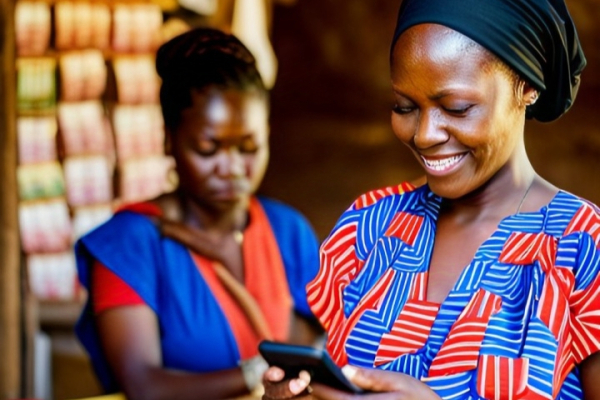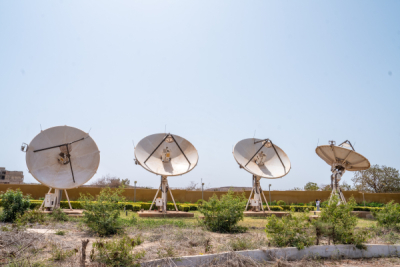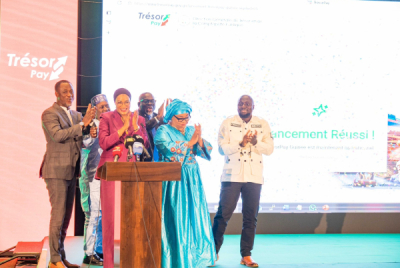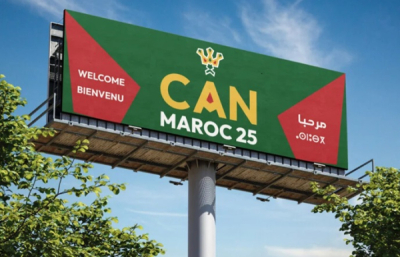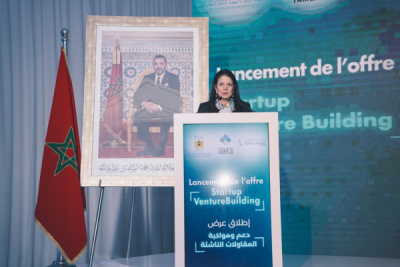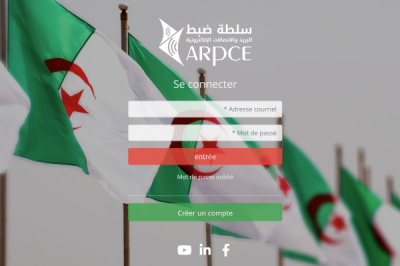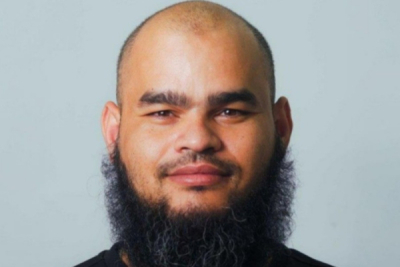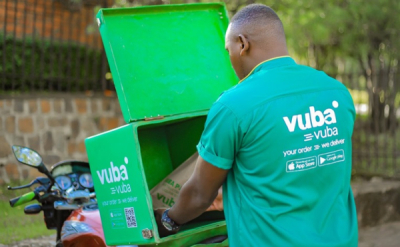International money transfers play a key role in the global economy, facilitating financial exchanges worldwide. In Africa, the rise of mobile money has revolutionized these transactions, significantly boosting financial inclusion.
Mobile money transfers between countries were among the fastest-growing services in Africa in 2023. The total amount sent reached nearly $29 billion, a 33% increase from $22 billion in 2022, according to the GSMA.
In The State of the Industry Report on Mobile Money 2024 , published last April, the GSMA explains that this growth was largely driven by the Covid-19 pandemic. During this period, diasporas worldwide widely adopted mobile money transfers to meet the urgent needs of family members in Africa.
This practice, born out of the necessity for quick, secure, and affordable transactions, has endured, especially given the continent’s low banking rate. Mobile money has thus become a critical alternative to traditional banking services. International transfers via mobile money grew from $16 billion in 2021 to reach $29 billion in 2023.
In 2023, international mobile money transfers accounted for 3.18% of the $912 billion transacted through mobile money in sub-Saharan Africa. Although modest, these transfers play a vital role in the sector. Merchant payments, another significant component, reached $74 billion, or roughly 8.11% of the total mobile money transactions, up 14% from 2022. Additionally, transfers between banks and mobile money services (in both directions) rose 15% year-on-year, reaching $210 billion in 2023, according to the GSMA.
Challenges and Recommendations for Further Development
Despite this strong growth, the expansion of international mobile money transfers in sub-Saharan Africa faces structural challenges. One key issue is the relatively low adoption of mobile financial services, even though mobile phone penetration is high. In 2023, the region counted 856 million mobile money subscriptions out of 980 million mobile phone subscriptions.
To accelerate growth in this sector, the GSMA recommends increasing partnerships between telecom operators and banks to enhance interoperability and lower transaction costs. Meanwhile, governments could support these efforts by investing in digital infrastructure in remote areas and adopting favorable regulations. These actions would make mobile money services even more accessible, amplifying their impact on financial inclusion globally.
Samira Njoya


